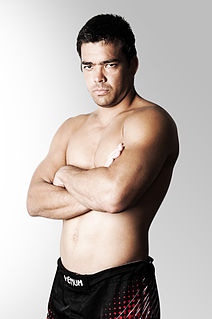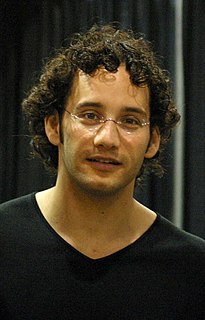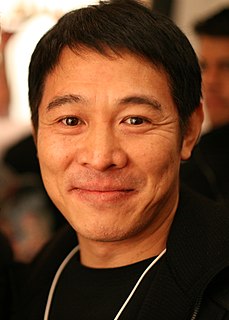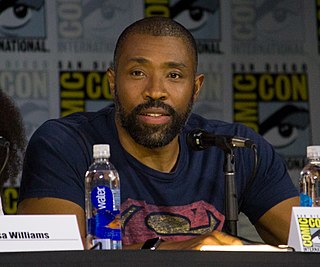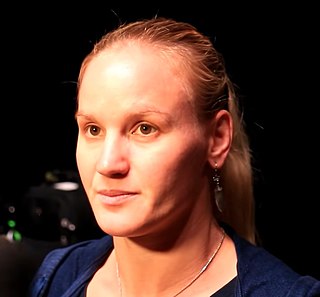A Quote by Lyoto Machida
My father was a very tough guy with me and my brothers. He wanted to teach us a lot of discipline and life philosophy. As I became more interested in martial arts, he started teaching a lot of fighting philosophy and karate philosophy. While he was a tough father, he also knew when to be sweet and show a softer side.
Related Quotes
Initially I was very drawn to the Tao Te Ching, the Taoist philosophy. It was helping me deal with the balance of these external and internal issues with my chess life. Tai chi is the martial embodiment of Taoist philosophy. Initially, I had no intention of competing in the martial arts; it was just the meditation.
Philosophy - reduced, as we have seen, to philosophical discourse - develops from this point on in a different atmosphere and environment from that of ancient philosophy. In modern university philosophy, philosophy is obviously no longer a way of life, or a form of life - unless it be the form of life of a professor of philosophy.
I would say to anybody who thinks that all the problems in philosophy can be translated into empirically verifiable answers - whether it be a Lawrence Krauss thinking that physics is rendering philosophy obsolete or a Sam Harris thinking that neuroscience is rendering moral philosophy obsolete - that it takes an awful lot of philosophy - philosophy of science in the first case, moral philosophy in the second - even to demonstrate the relevance of these empirical sciences.
In my mind, martial arts movies are martial arts movies and action is action. It's quite different, because martial arts doesn't just have physical form; you have a philosophy, internal and external. A lot of it involves your life. How you see the world. An action film I think is just about the movement. I think it's different.
On 'Black Lightning' I have a stunt double who's a lot younger than me. The fighting style on the show is heavily martial arts-based, and I know boxing; I don't know martial arts. I also have a really bad knee, and he's been doing martial arts since he was 6 years old, so I'm not thinking, 'No, I can do that! I can make that look cool!'
I did not intend to be a writer. I first wanted to be a lawyer, like my father. Then I got bit by the bug of philosophy and wanted to be a philosophy professor. I went to graduate school and quickly discovered it was impossible for a woman in those days - this was the early fifties - to be a philosopher, so I gave that up.
I drifted into a career in academic philosophy because I couldn't see anything outside the academy that looked to be anything other than drudgery. But I wouldn't say I 'became a philosopher' until an early mid-life crisis forced me to confront the fact that, while 'philosophy' means 'love of wisdom', and 'wisdom' is the knowledge of how to live well, the analytic philosophy in which I had been trained seemed to have nothing to do with life.
When one begins to reflect on philosophy—then philosophy seems to us to be everything, like God, and love. It is a mystical, highly potent, penetrating idea—which ceaselessly drives us inward in all directions. The decision to do philosophy—to seek philosophy is the act of self-liberation—the thrust toward ourselves.
